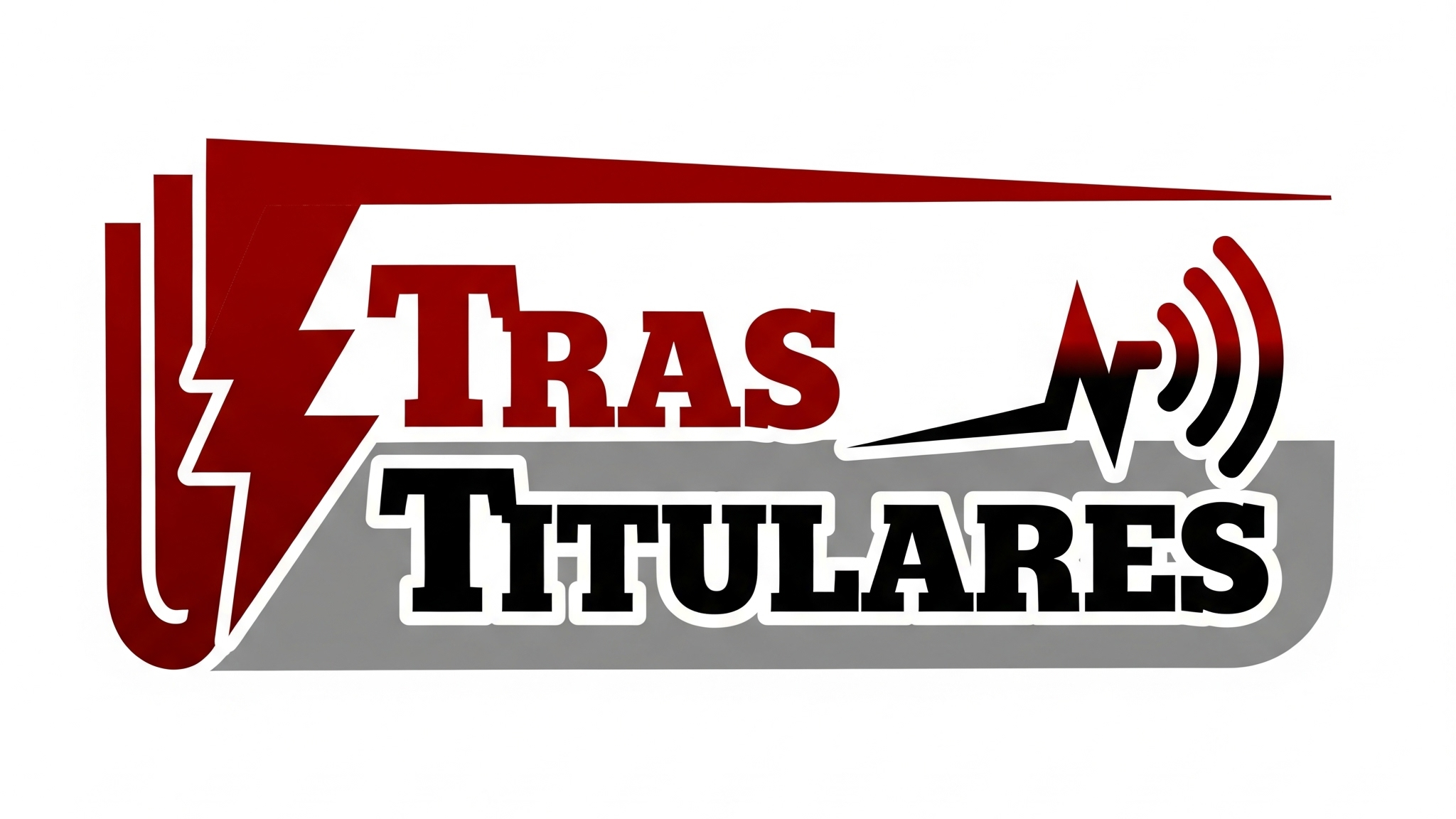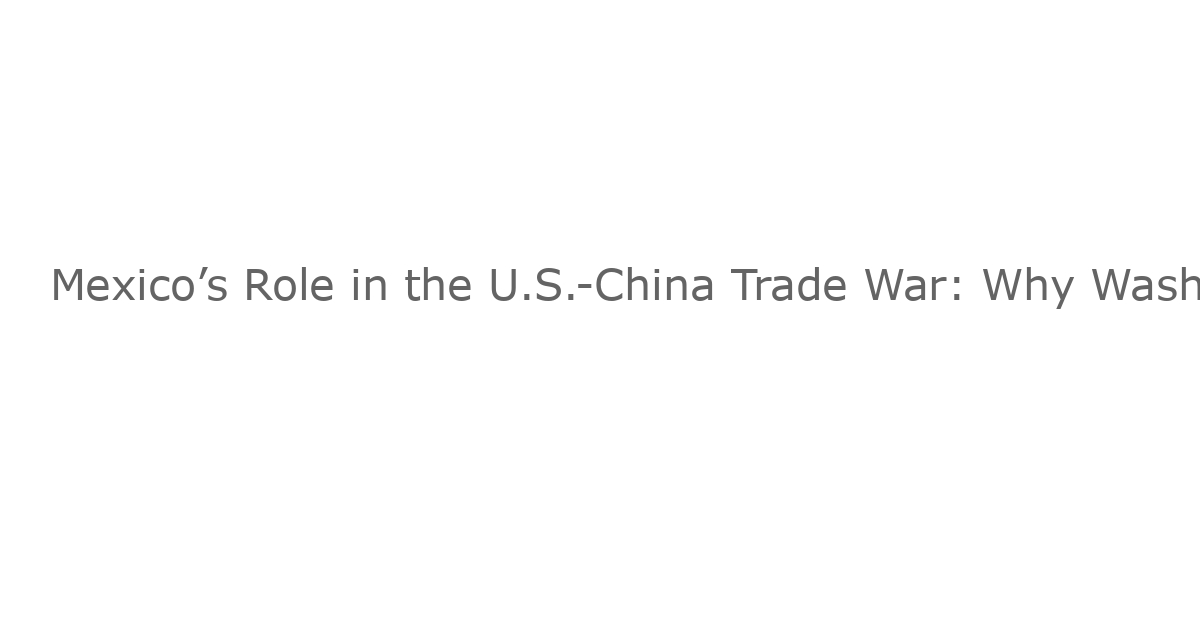Last week, the United States and Mexico postponed a planned tariff hike set to take effect November 1st, signaling a key shift in Washington’s understanding of global trade. The reality is emerging: international trade is no longer a simple contest between nations, but a competition between economic blocs. Within the North American bloc, Mexico is now recognized as a critical strategic partner.
Currently, three major economic blocs dominate: North America, the European Union, and RCEP – the pact binding China to East and Southeast Asia. North America is influential, but comparatively weak, with nearly half of its $3 trillion annual exports remaining within the region. The EU, while larger, is the most inward-looking, with 59% of its exports staying within its borders. RCEP is the clear heavyweight, shipping over $7 trillion annually, with only 37% of its trade circulating internally.
This is why Washington is recognizing the importance of Mexico. The U.S. and Mexico are not two separate trading nations, but members of a highly integrated bloc where supply chains frequently cross the border. Consider a common household durable like a refrigerator. This product’s value chain involves numerous inputs – electrical control boards, switch protectors, insulated conductors, and countless others – and these inputs are expected to cross the U.S.-Mexico border repeatedly.
Data recently released in “Border Value” (based on 2024 trade flows) reveals that refrigerator manufacturing involves an astonishing 16 border crossings. This means that tariffs on products crossing the U.S.-Mexico border wouldn’t affect refrigerators once, but multiple times, as each input crosses the border, triggering tariff assessments again.
This isn’t just about refrigerators. The manufacture of an air conditioning unit requires 11 border crossings; and a car demands even more. These aren’t opinions; they are hard facts illustrating the deep integration of the North American economy. North America’s ability to compete with RCEP depends on keeping this team together. Undervaluing these ripple effects risks disrupting vital supply chains essential for the competitiveness of both the U.S. and Mexican economies. The data is unequivocally clear: tariffs within North America are essentially “friendly fire.”
To remain competitive, the U.S. and Mexico need to remember they are on the same team.
César A. Hidalgo is a Professor at the Toulouse School of Economics, where he directs the Center for Collective Learning. His research explores how knowledge and information shape economic and social systems. He is the founder of Datawheel, creator of platforms such as the Observatory of Economic Complexity, Data USA, Data Mexico, and Border Value. Hidalgo is also the author of *Why Information Grows* and *The Infinite Alphabet*.
[Image caption: Value Chain for Refrigerators. This network shows the inputs used in the manufacture of refrigerators and the country that exports them more. Color reflects how much they trade by year. Source: https://bordervalue.com/]
Mexico Decoded is a reader-supported publication. To receive new posts and support my work, consider becoming a free or paid subscriber.
Fuente: https://www.mexicodecoded.com/p/why-washington-needs-mexico-to-compete

